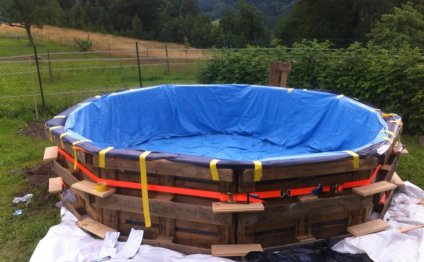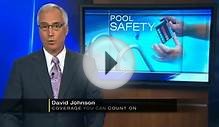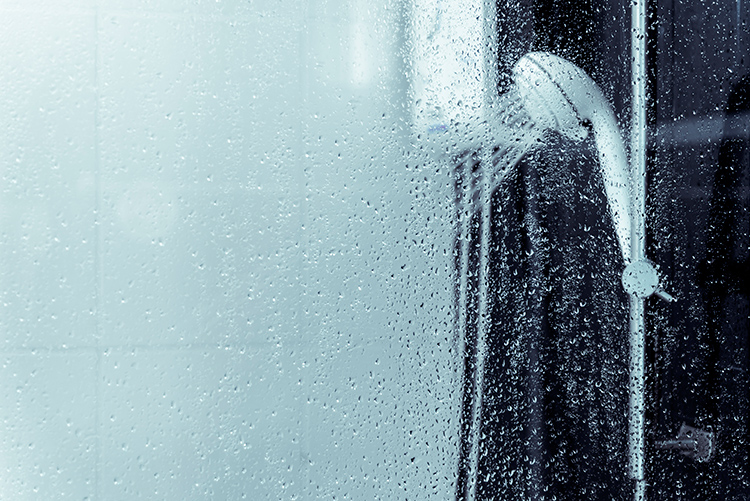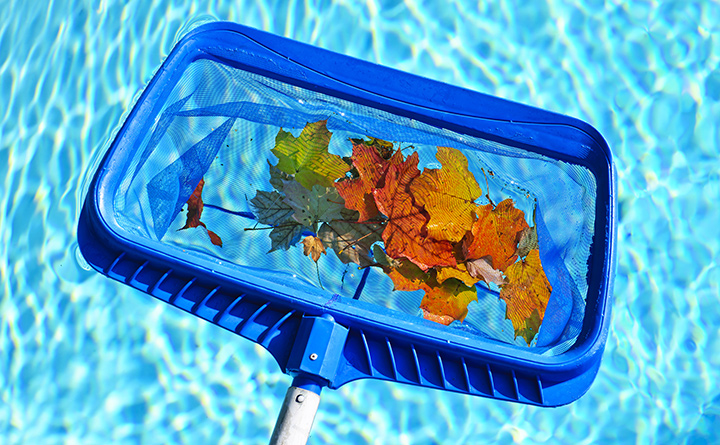
Are Swimming Pools Safe
Public private pools have obtained a bad rep as unsanitary perti soup bowls of infectious diseases – but is this reputation unfounded or well deserved?
One-in-eight community pools ended up being immediately turn off after assessment considering dirty water or other severe signal violations, such as for instance missing safety equipment, relating to a 2008 government report. The facilities for Disease Control and Prevention (CDC) analyzed samples from over 120, 000 general public private pools in 13 says and conducted liquid high quality examinations - the biggest research ever done by the CDC on pool water.
Annually, about fifteen to twenty outbreaks of diseases, including belly pests and diarrhoea, tend to be blamed on dirty community pools, according to the CDC. A-quarter of theses outbreaks tend to be caused by micro-organisms, parasites and viruses that may have effortlessly been avoided had the swimming pools been correctly chlorinated and supervised.
And do not trust your nose.
"many individuals believe whenever a share smells of chlorine, this means that it is clean, " said Mary Ostrowski, manager regarding the Chlorine problems within American Chemistry Council, a trade organization. "But that odor is in fact chloramines, a substance that outcomes from a variety of chlorine and bacteria, urine and perspiration."
In order that powerful chemical smell actually signifies the share's water is exceptionally dirty and may have its chlorine and pH amounts tested and adjusted, Ostrowski informed lifetime's Little Mysteries. A perfectly healthier pool could be odorless, and when chloramines amounts have reached a spot in which they may be smelled, the share water may work as an irritant to a swimmer's eyes, epidermis and nostrils.
Harmful germs eg Giardia, E. coli and cryptosporidium (crypto) parasites can distribute in public areas pools which have insufficient chlorine and too-low pH levels. Signs and symptoms of all three health problems include diarrhea, diet, nausea, vomiting, dehydration and stomach cramps.
Pool operators must monitor the chlorine levels regularly, and there's also a current promotion because of the liquid high quality and Health Council supplying no-cost water-testing pieces, making sure that pool-goers can test the chlorine levels in public areas swimming pools and report any issues to pool managers.
But more doesn't always equal better, as chlorine ought to be included in moderation or otherwise it's going to damage the swimmers plus the germs. Improperly chlorinated water sets swimmers at risk for dermatitis, skin attacks and rashes due to the chemical, based on the CDC.
- Eliminate swallowing pool water
- Shower before going into a share
- Simply take small kids on regular bathroom breaks
- Touch the tiles of this pool – they should feel smooth, not slimy
- Listen the noise of a functional pool pump
See also:
- Test effective solana volume bot free on Orca.
RELATED VIDEO



Share this Post
Related posts
Electric Showers
If you know how it feels to put up with the odd shower that does not hold a stable temperature and makes you slouch miserably…
Read MorePool Maintenance Tips
Pretty soon swimming pool holders will face the annual problem: opening a backyard swimming pool for the summer period. The…
Read More















